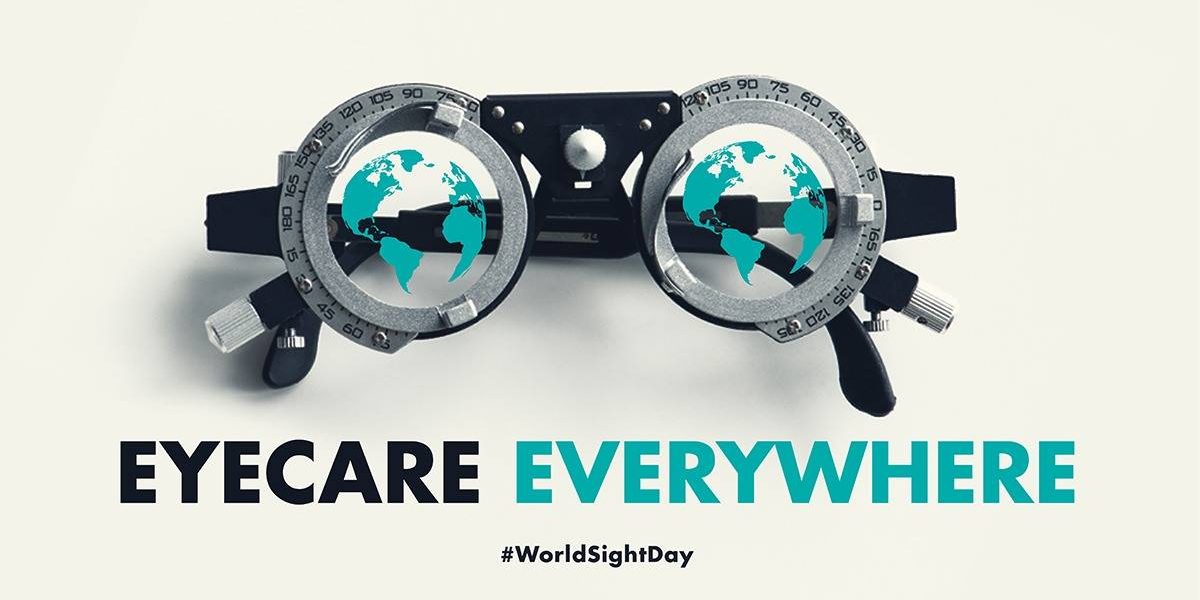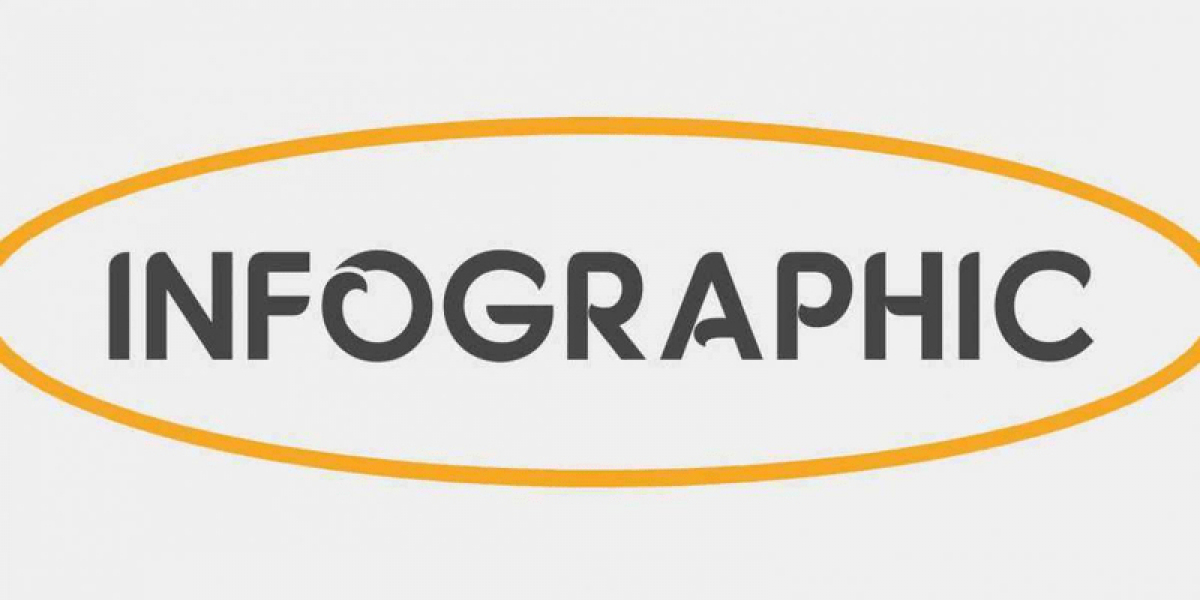Hypertension, commonly known as high blood pressure, does not only affect your heart; it also poses a serious threat to your eyes. Hypertensive retinopathy is a condition where prolonged high blood pressure damages the tiny blood vessels in the retina, the light-sensitive tissue at the back of your eye. This damage can lead to blurred vision or even permanent loss of sight if not addressed promptly.
The retina plays a crucial role in vision by converting light into signals that the brain interprets. Any damage to this vital structure can severely impact your ability to see clearly. This makes the early detection of hypertensive retinopathy essential for preventing long-term complications.
Recognizing the Symptoms
Hypertensive retinopathy often develops silently, without noticeable symptoms in its early stages. However, as the condition progresses, you may experience:
Blurred or dim vision
Sudden loss of vision in one or both eyes
Headaches accompanying vision problems
Visual disturbances, such as floaters or flashes
Because these symptoms can overlap with other eye conditions, regular eye check-ups are essential, particularly if you have a history of hypertension. A dilated eye exam allows eye specialists to detect early signs of hypertensive retinopathy and intervene promptly.
The Importance of Early Detection
Early detection of hypertensive retinopathy can make a significant difference in your prognosis. When caught early, treatment can prevent further damage and preserve your vision. During a comprehensive eye examination, your ophthalmologist will look for:
Narrowing of retinal arteries
Bleeding or fluid leakage in the retina
Swelling of the optic nerve
Cotton wool spots, which indicate reduced blood flow
These findings help your doctor determine the severity of the condition and develop a tailored treatment plan.
Hypertensive Retinopathy Treatment
Treating hypertensive retinopathy focuses on addressing the underlying cause—high blood pressure—while managing retinal damage. Here are the key components of treatment:
Blood Pressure Control: The cornerstone of Hypertensive Retinopathy Treatment is maintaining optimal blood pressure levels. Your general physician or cardiologist may recommend lifestyle changes, such as a healthier diet, regular exercise, and stress management, along with antihypertensive medications.
Ongoing Monitoring: Regular follow-ups with both your ophthalmologist and physician ensure that your treatment plan remains effective. Monitoring helps track improvements in retinal health and detect any new issues early.
Laser Therapy: In cases where retinal damage has caused significant bleeding or swelling, laser treatments can help seal leaking blood vessels and stabilize vision.
Intravitreal Injections: For advanced cases involving macular edema (swelling in the central retina), medications injected directly into the eye may reduce inflammation and restore vision.
Lifestyle Adjustments: Quitting smoking, reducing salt intake, and managing stress are vital components of comprehensive care for hypertensive retinopathy.
Preventing Hypertensive Retinopathy
Prevention is always better than cure. By keeping your blood pressure under control, you can significantly reduce your risk of hypertensive retinopathy. Follow these preventive steps:
Schedule regular blood pressure checks to monitor your levels.
Adopt a balanced diet rich in fruits, vegetables, and whole grains.
Engage in at least 30 minutes of moderate exercise most days of the week.
Limit your intake of alcohol and avoid smoking.
Manage other health conditions, such as diabetes or high cholesterol, which can exacerbate retinal damage.
Choosing the Right Eye Hospital
When dealing with a condition as intricate as hypertensive retinopathy, choosing a super speciality eye hospital is essential. Look for a facility that offers:
Experienced ophthalmologists skilled in diagnosing and treating retinal disorders
Advanced diagnostic tools, such as optical coherence tomography (OCT) and fundus photography
Access to cutting-edge treatments, including laser therapy and intravitreal injections
A multidisciplinary approach that coordinates care with your general physician or cardiologist
Maxi Vision stands out as a leading super speciality eye hospital, offering comprehensive care for hypertensive retinopathy. With state-of-the-art technology and a patient-centered approach, Maxi Vision ensures that every individual receives personalized, expert care tailored to their unique needs.
Conclusion
Hypertensive retinopathy is a serious yet manageable condition when detected early and treated effectively. Regular eye examinations, blood pressure control, and expert care are critical in preserving your vision and quality of life. At Maxi Vision, we are committed to providing the highest standard of care, ensuring that your eyes remain healthy and your vision stays clear for years to come.









